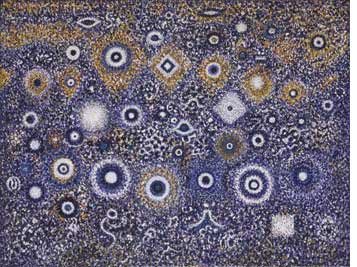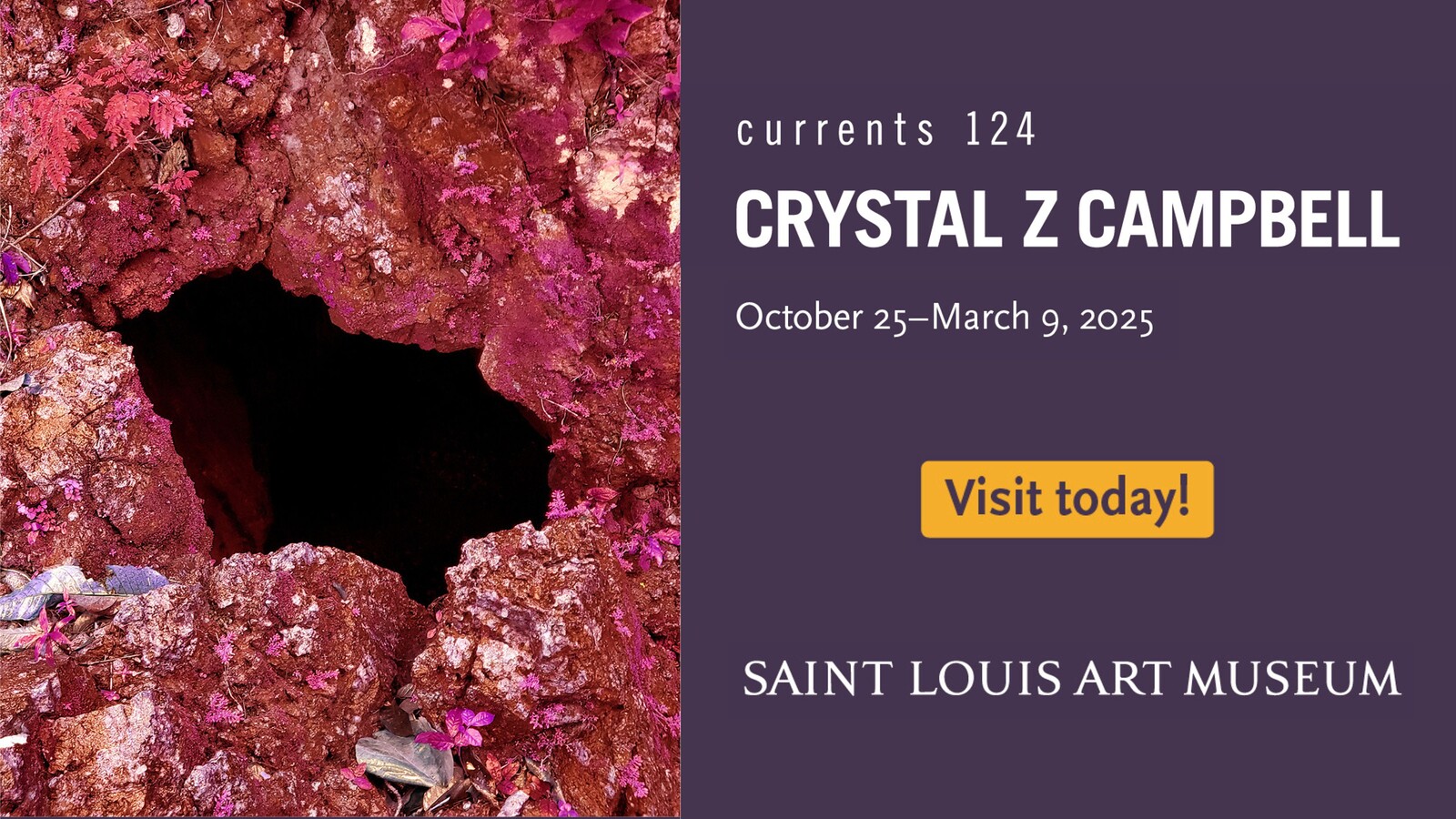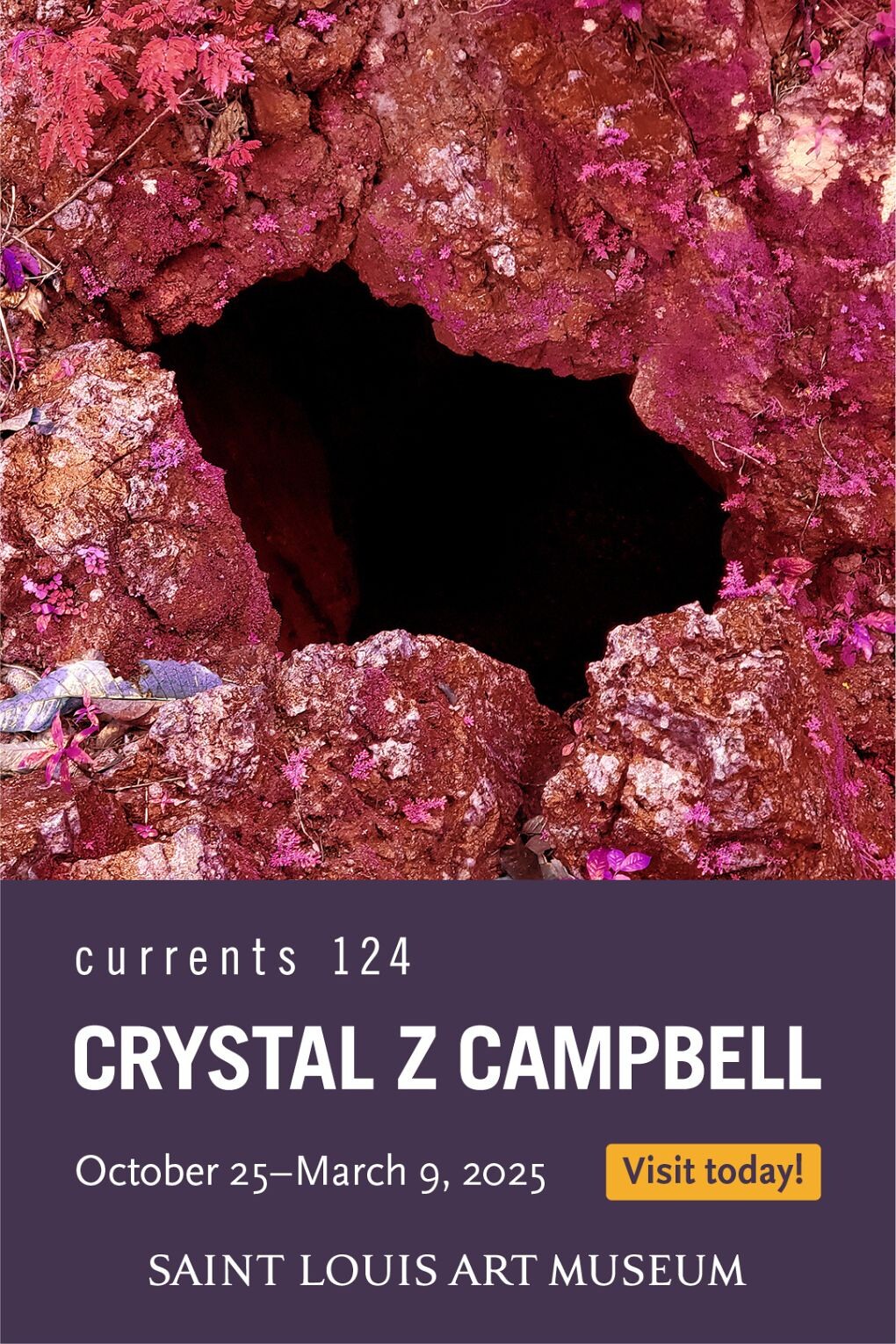Richard Pousette-Dart
February 17-May 20, 2007
Curated by: Philip Rylands
in collaboration with Luca Massimo Barbero
Peggy Guggenheim Collection
701 Dorsoduro
30123 Venice
ITALY
phone 39 041 2405411
fax 39 041 5206885
email info [at] guggenheim-venice.it
RICHARD POUSETTE-DART is the first retrospective of the paintings of this distinguished American painter to be held in Europe. He was the youngest of the pioneering New York group of the Abstract Expressionists, active in New York from the early 1940s. Curated by Philip Rylands, director of the Collection in Venice, together with Luca Massimo Barbero, the exhibition presents 45 paintings, covering Pousette-Darts entire career. The exhibition is organized with the Estate of the Artist, and the artists widow Evelyn Pousette-Dart, and with the support of the American Contemporary Art Gallery, Munich.
Richard Pousette-Dart (1916 Saint Paul, Minnesota – 1992 New York) belongs to the first generation of the Abstract Expressionists and was a founding member of the so-called New York School, which included other great names of American Modernism such as Jackson Pollock, Mark Rothko and Willem de Kooning. Peggy Guggenheim gave Pousette-Dart a solo exhibition in 1947 at her Art of This Century gallery, where the artists best-known masterpiece, Symphony Number 1, The Transcendental (Metropolitan Museum of Art, New York, c. 1941-42), was shown for the first time.
Pousette-Dart made essential contributions to the nascent Abstract Expressionist movement. Between 1941 and 1942 he began painting outsize canvases, including Undulation (1941-42) on display in the exhibition, which anticipated Jackson Pollocks break-through to mural-scale work in 1943. Pousette-Darts technique changed at this time, with an emphasis on matter, gesture and layering that were the first pictorial statements of what came to be known as action painting. Crucifixion Comprehension of the Atom (1944) magnificently exemplifies this. Pousette-Darts interest in ancient and Native American mythology and imagery, in works such Bird Woman (1939-40) and Abstract Eye (1941-43), as an image resource for the revelation of hidden truths, made him a leader among New York painters in the early 40s known as the Myth-Makers. In 1950 he was photographed together with 14 other Abstract Expressionist painters in an image that has entered the history books as the group of The Irascibles.
Pousette-Dart was considerably influenced by Oriental philosophy and American transcendental thinking. The conviction that the materials and abstract symbols of painting could reveal universal truths and the realm of the spirit never failed him. The solitude he required for this lifes work required him in 1951 to move out of New York. In 1958 he and his wife, the poet Evelyn Gracey Pousette-Dart, moved to the countryside near Suffern, New York, where his studio is still preserved today. Glowing and mysterious white paintings, c. 1950-51, include the masterpiece Descending Bird Forms. Pousette-Darts work in the 1960s contributed to the color field and lyrical abstraction that were an important evolution of early Abstract Expressionism, with the added charge of the spiritual quest that runs like a continuous thread through all Pousette-Darts work from the time he decided definitively to become a painter in 1939. They have titles evoking the magic of their radiant, pulsating and subtly colored surfaces such as Amaranth Garden, Night Landscape, Golden Presence, Byzantine Cathedral, and Lost in the Beginnings of Infinity.
For Pousette-Dart, painting was a gradual and cumulative process revealing atavistic forms and symbols which became a visual metaphor and stimulus and for understanding the complexity of Being. Visitors to the Peggy Guggenheim Collection exhibition can marvel at the sheer abundance and density of the layered surfaces of the artist’s mystical images, pulsating with pigment and life. In 1947 he wrote I strive to express the spiritual nature of the universe. Painting for me is a dynamic balance and wholeness of life; it is mysterious and transcending, yet solid and real.
The fully illustrated catalogue, published by Skira, includes essays by Kirstin Hübner and Lowery S. Sims, director of the Studio Museum in Harlem, New York, with a chronological biography by Enda Horgan. Technical sponsor: Tratto srl, Fine Art Shippers.
Richard Pousette-Dart
February 17 May 20, 2007
Opening hours: daily 10 am to 6 pm (closed on Tuesday, open May 1st)
Peggy Guggenheim Collection
701 Dorsoduro
30123 Venice
ITALY
Phone 39 041 2405411
Fax 39 041 5206885
Email info@guggenheim-venice.it
Press Office:
Peggy Guggenheim Collection
Tel. 39 0412405404; press@guggenheim-venice.it


